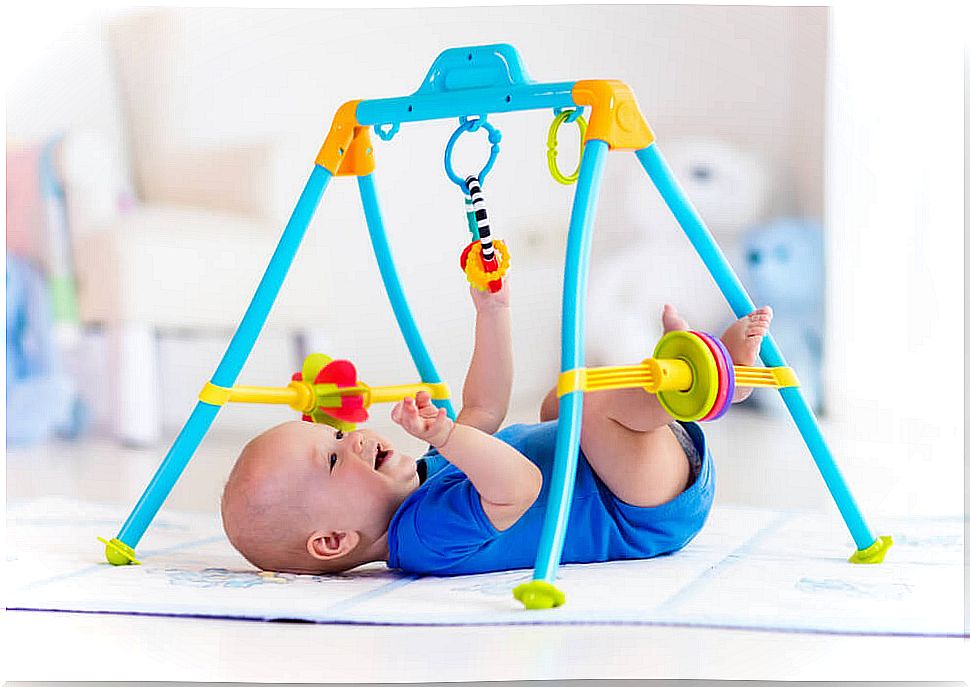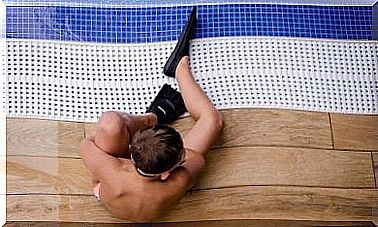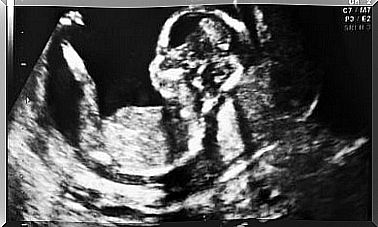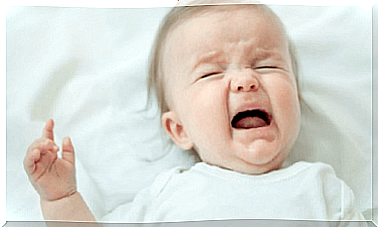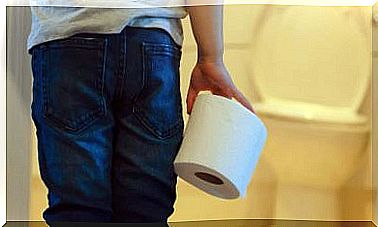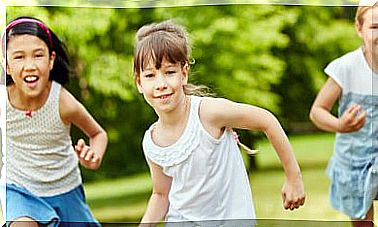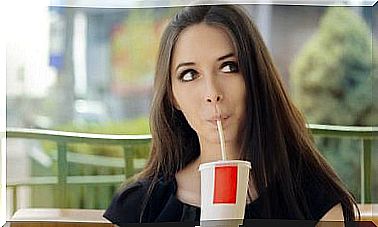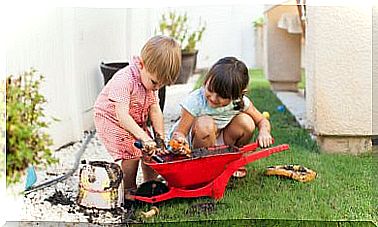Parent’s Guide To Gross Motor Development
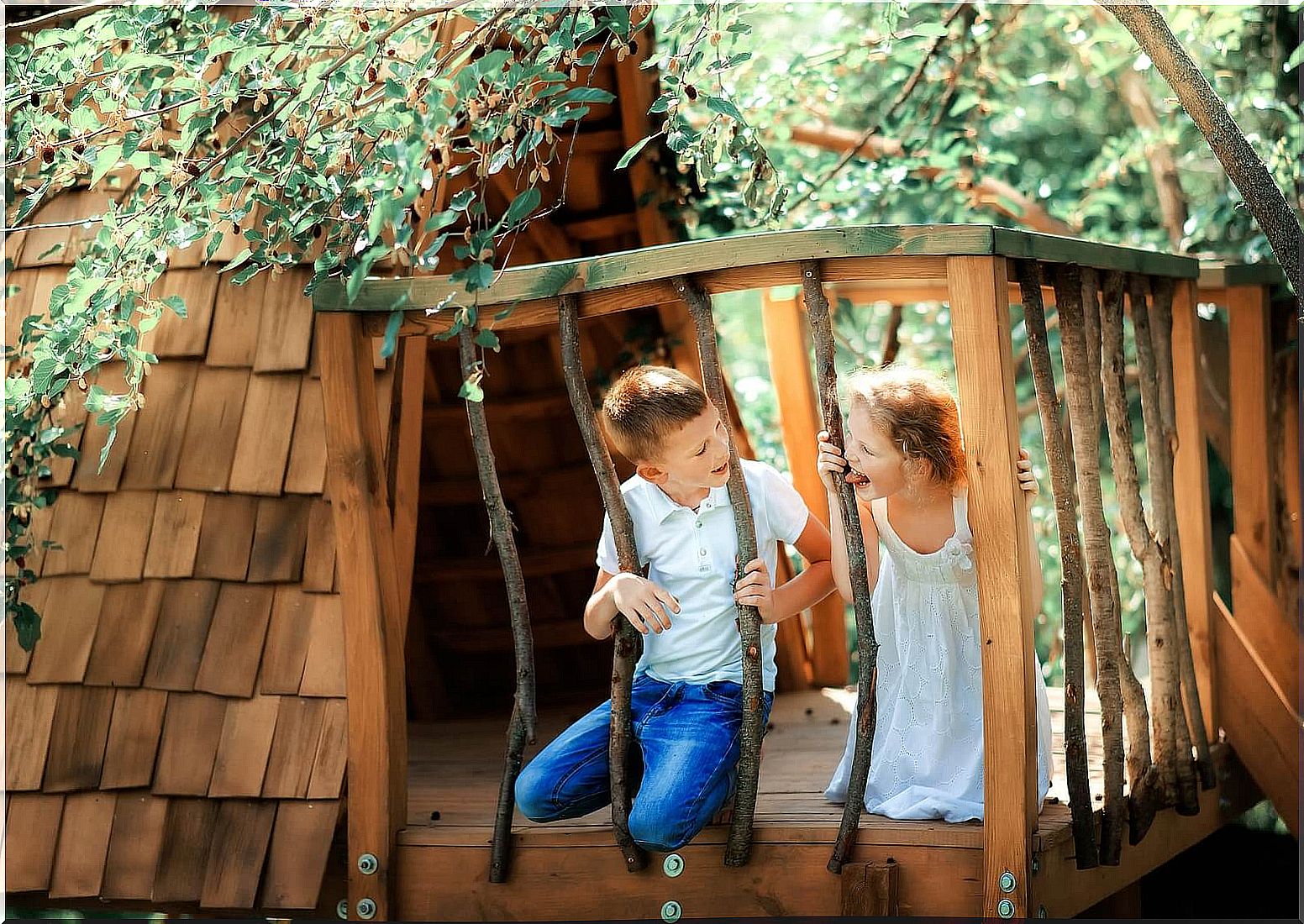
Gross motor development is very important in child development. Therefore, it is essential that parents help their little ones to develop correctly with activities, movement and, above all, understanding what they are and why they are so fundamental in the life of the little ones or of any other person.
The process that children go through in learning to lift their heads as infants and run like toddlers to play a sport in school is known as gross motor development. Gross motor skills are an important part of children’s overall physical development.
Gross motor development
Children develop gross motor skills when they learn how their bodies work and how they can move and control them. Gross motor skills have to be developed during childhood and up to the first years of primary school.
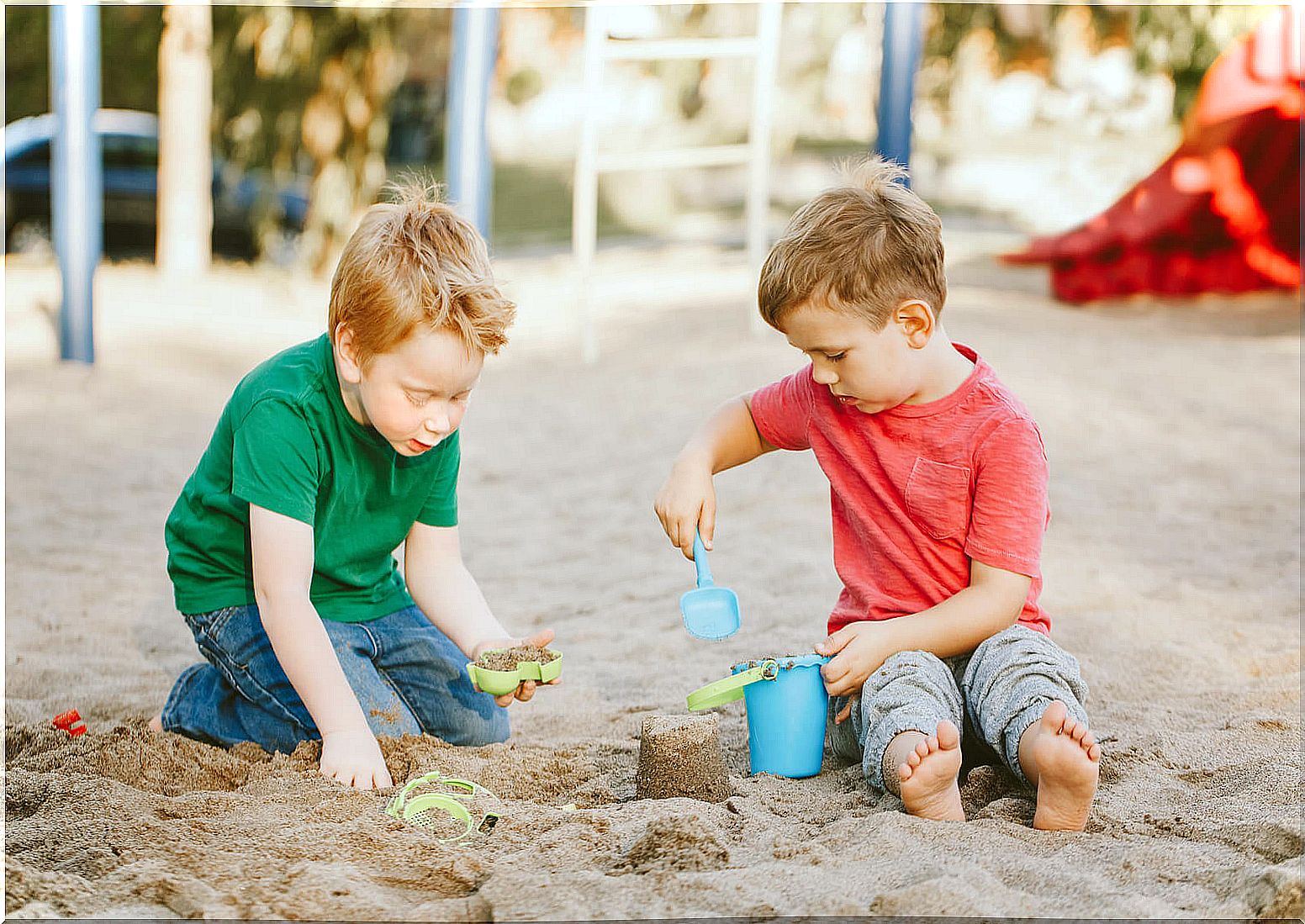
During early childhood, it is important for young children to develop skills such as muscle strength, balance, core strength, postural control, endurance, and coordination. Children grow naturally from the center of the body outwards. This means that they need to increase strength in their core and trunk before developing it in their arms and legs.
Therefore, fine motor skills, such as finger strength and control, depend on the child developing gross motor skills first.
In this sense, the latter can be developed in various ways during childhood, mainly through free play. Thus, planning movement activities to do with your children allows you to work on specific skills with them, such as balance or catch and throw.
Why is gross motor development important?
Next, if children do not have well-developed gross motor skills, certain limitations may arise:
- Little concentration in class.
- Poor body awareness and control.
- Difficulty writing.
- Difficulty sitting at a desk.
- Poor posture, balance, and coordination.
- Avoid sports and physical activities.
Over the years, there has been a trend to replace children’s free playtime with all kinds of additional activities. While you may want to send your kids to swim lessons or an occasional extra activity, your 4-year-old doesn’t need to attend art, multi-dance, ball skills classes, etc.
These activities are replacing children’s playtime, which is vital to the development of their gross motor skills. As for the time in front of the screens, although at present it is impossible to avoid that minors are completely exposed to them, as a father or mother, you can control how much time you invest with new technologies.
Your 3-year-old doesn’t need to be sitting on his tablet in the afternoon. He’s supposed to be running outside or doing mischief somewhere; they should be learning. Any awesome online show your child follows is not a justifiable replacement for the game. Bottom line: the more your kids play freely, the more they’ll learn.
Gross motor skills activities
There are two main ways to develop your child’s gross motor skills:
- Activities guided by adults.
- Free play.
When children play freely, they develop many gross motor skills, such as:
- Run, walk, gallop, chase.
- Crawling, lifting, reaching.
- Jump.
- Catch, pull, push.
- Hit, bounce, pass, roll.
- Climb, hang, hold.
- Balance and coordination.
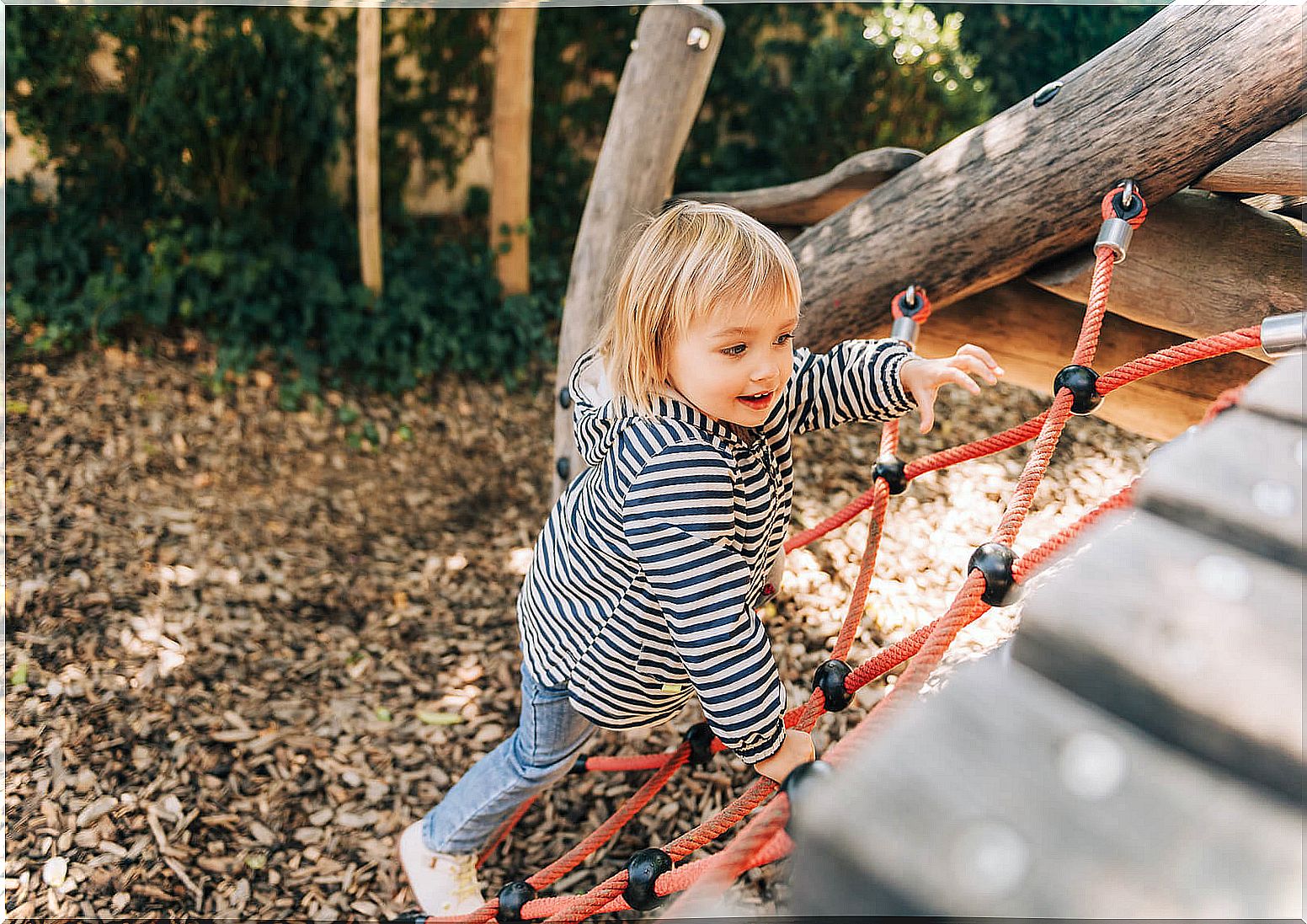
Also, adult-led activities are a great way to teach motor skills. This means playing with your child. That’s why extra activities like dance classes are also part of adult-led activities and can be valuable when done in moderation and when too much free play time is not replaced.
Offer opportunities for gross motor development
As a parent, you must be able to offer endless opportunities to develop these skills at home. In this sense, find the balance between doing activities of this type and playing with your children, as well as letting them play independently.
So when choosing an activity to do with your little one, pick a particular skill to work on. Take a look at these examples below: body awareness, hand-eye coordination, balance, agility, strength. ..
In any case, it is important that you are aware of the importance of your child’s gross motor development. In this way, you can offer them activities that help them enhance this aspect of their development.
In this sense, if at any time you realize that your child is having some kind of difficulty in his gross motor development, then it is important that you go to your pediatrician to discuss any doubts and concerns that arise in this regard. This can help you find the solution to the situation of developmental difficulty that your little one may present at any given time.
